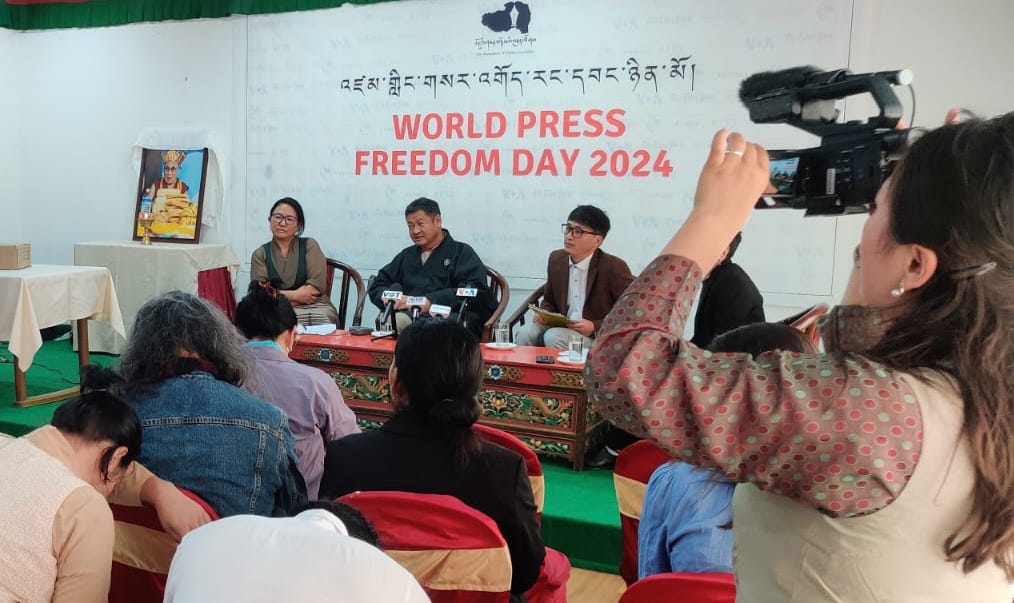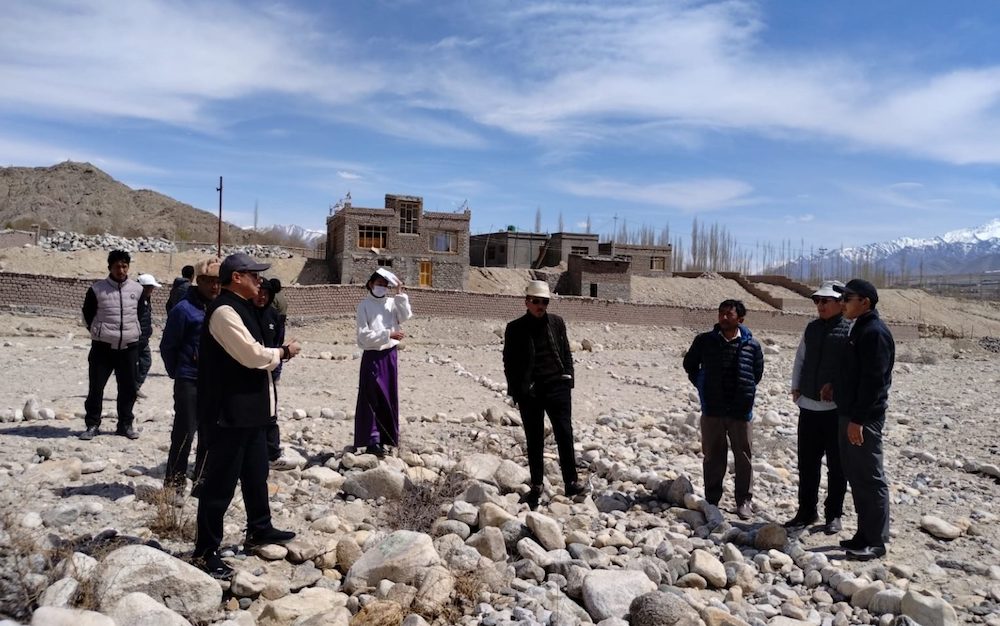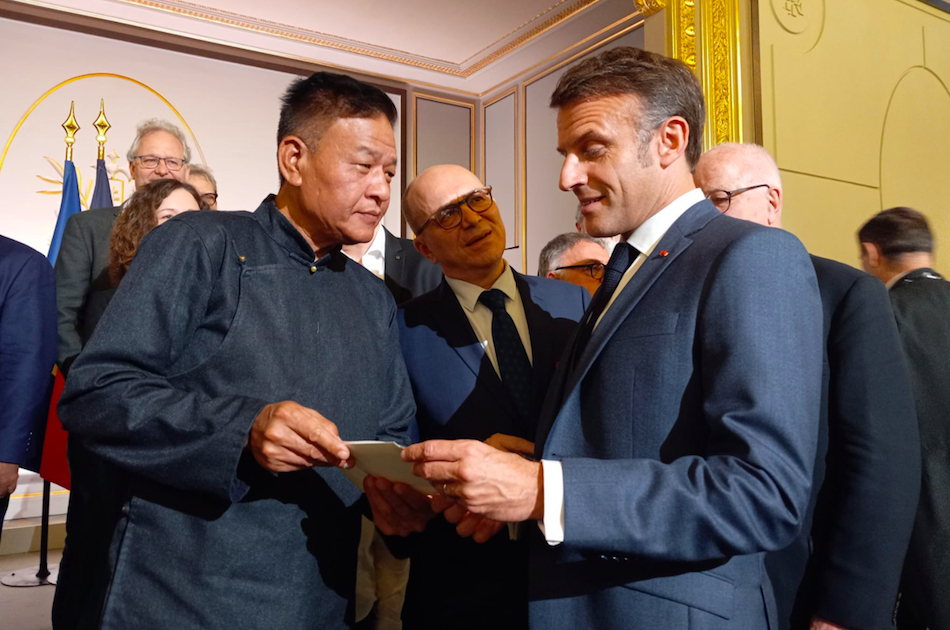Philip Webster, Political Editor, and Jane Macartney in Beijing
 Britain called for a resumption of negotiations between China and Tibet yesterday after talks between Gordon Brown and his Beijing counterpart and an announcement by Mr Brown that he would meet the Dalai Lama in May.
Britain called for a resumption of negotiations between China and Tibet yesterday after talks between Gordon Brown and his Beijing counterpart and an announcement by Mr Brown that he would meet the Dalai Lama in May.
The Prime Minister took the Commons by surprise as he informed MPs that Wen Jiabao, the Chinese Prime Minister, had told him in a telephone conversation yesterday that he was ready to enter into a dialogue with the Dalai Lama, provided that he did not support the total independence of Tibet and that he renounced violence.
Downing Street said that the Dalai Lama had already satisfied both conditions in recent statements and that Britain believed conditions were in place for talks to resume between Beijing and Tibet’s spiritual leader.
Mr Brown’s announcement that he would see the Dalai Lama was welcomed by David Cameron, who will also meet him on his visit to London.
During their conversation, for which diplomats on both sides had prepared for several days, Mr Brown also called on China to show restraint in Tibet. He told Mr Wen of his intention to meet the Dalai Lama.
Beijing was enraged last year when Angela Merkel, the German Chancellor, met the exiled Tibetan spiritual leader, and ties turned extremely chilly for several months.
By contrast, President Bush telephoned Chinese leaders to let them know of his decision to meet the Dalai Lama.
 That tactic, along with a promise to announce that he would attend the Olympics opening ceremony, mollified Beijing. While it issued its statutory statements of protest, there was no sign that overall ties were affected by the meeting.
That tactic, along with a promise to announce that he would attend the Olympics opening ceremony, mollified Beijing. While it issued its statutory statements of protest, there was no sign that overall ties were affected by the meeting.
However, sources close to Beijing told The Times yesterday that the Chinese Government remained enraged with the Dalai Lama over last week’s riots and there was no change in China’s conditions for talks with the Tibetan monk.
Last night the official Xinhua news agency responded to Mr Brown’s announcement by saying that China was “seriously concerned”, and describing the Dalai Lama as a “political refugee engaged in activities of splitting China under the camouflage of religion”.
Beijing is unlikely to welcome other comments yesterday from Lord Malloch-Brown, the Foreign Office Minister, who said that the current situation in Tibet could damage the reputation of the Olympics and China’s own interests. He called on British athletes to “speak the truth” about what was going on in China.
He told peers: “We will expect to see our athletes respect both the values of Britain — courtesy and respect for the country where the Games are — but also that supremely important value of speaking the truth as they see it and speaking openly of what they see.”
Britain, along with other Western countries, will use this year’s Beijing Olympics to put measured diplomatic pressure on the Chinese Government. Continued violence in the disputed territory will add to calls for Western nations to boycott the opening ceremony at the Games, or even the whole event. With the next Olympics being staged in London, the Government has no intention of doing so.
Mr Brown told MPs: “I made it absolutely clear that there had to be an end to violence in Tibet. I also called for restraint, and I called for an end to the violence by dialogue between the different parties.” He travelled to China in January, when he and Mr Wen agreed to increase two-way trade.
David Miliband, the Foreign Secretary, visited Mr Wen in China last month and emphasised yesterday that Britain would not boycott the Olympics over human rights.
This week, Beijing denounced the Dalai Lama and accused him of orchestrating the protests. Tibetan exiles say that 99 demonstrators have been killed in the Chinese crackdown. Beijing says that rioters in the Tibetan capital, Lhasa, have killed 13.









